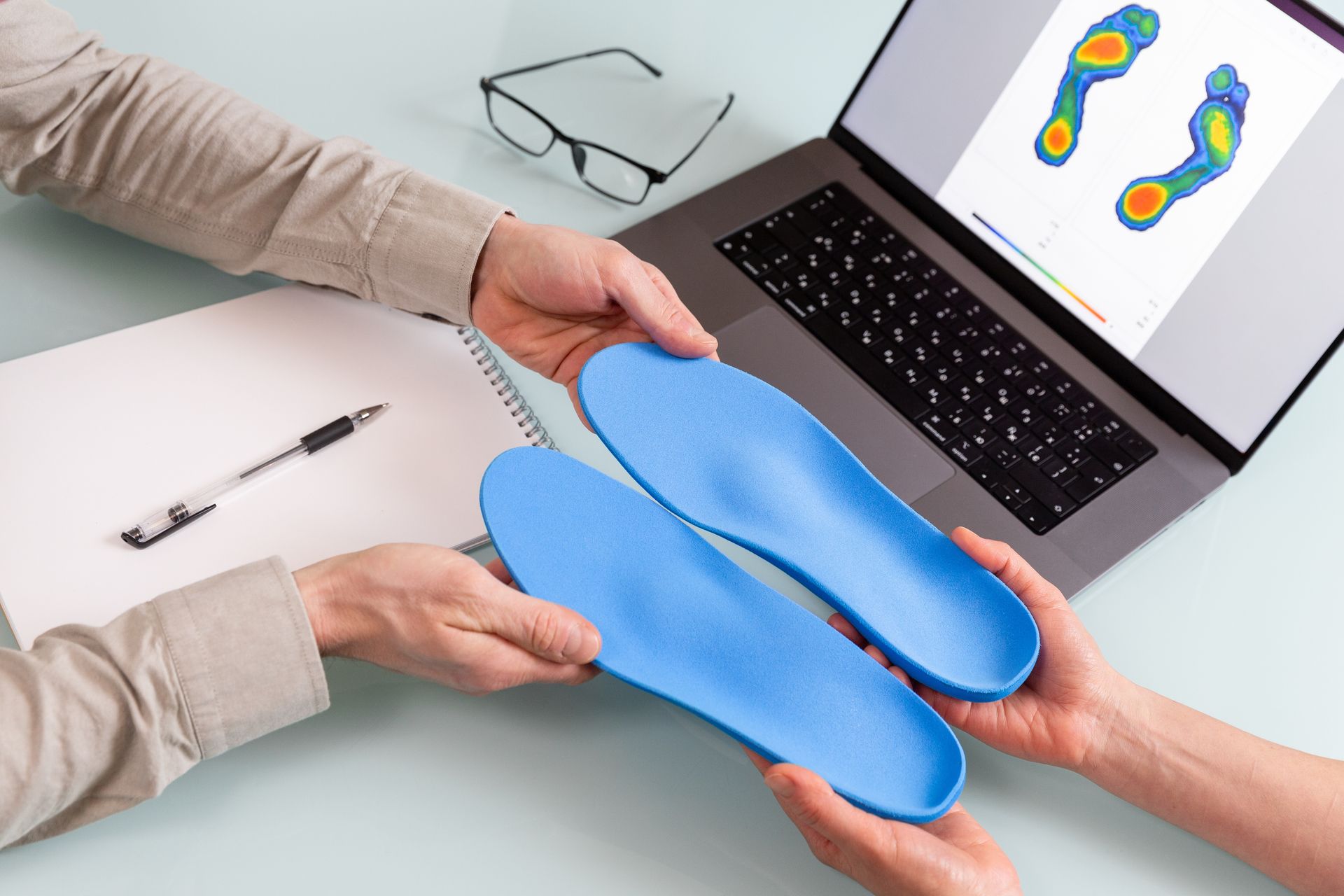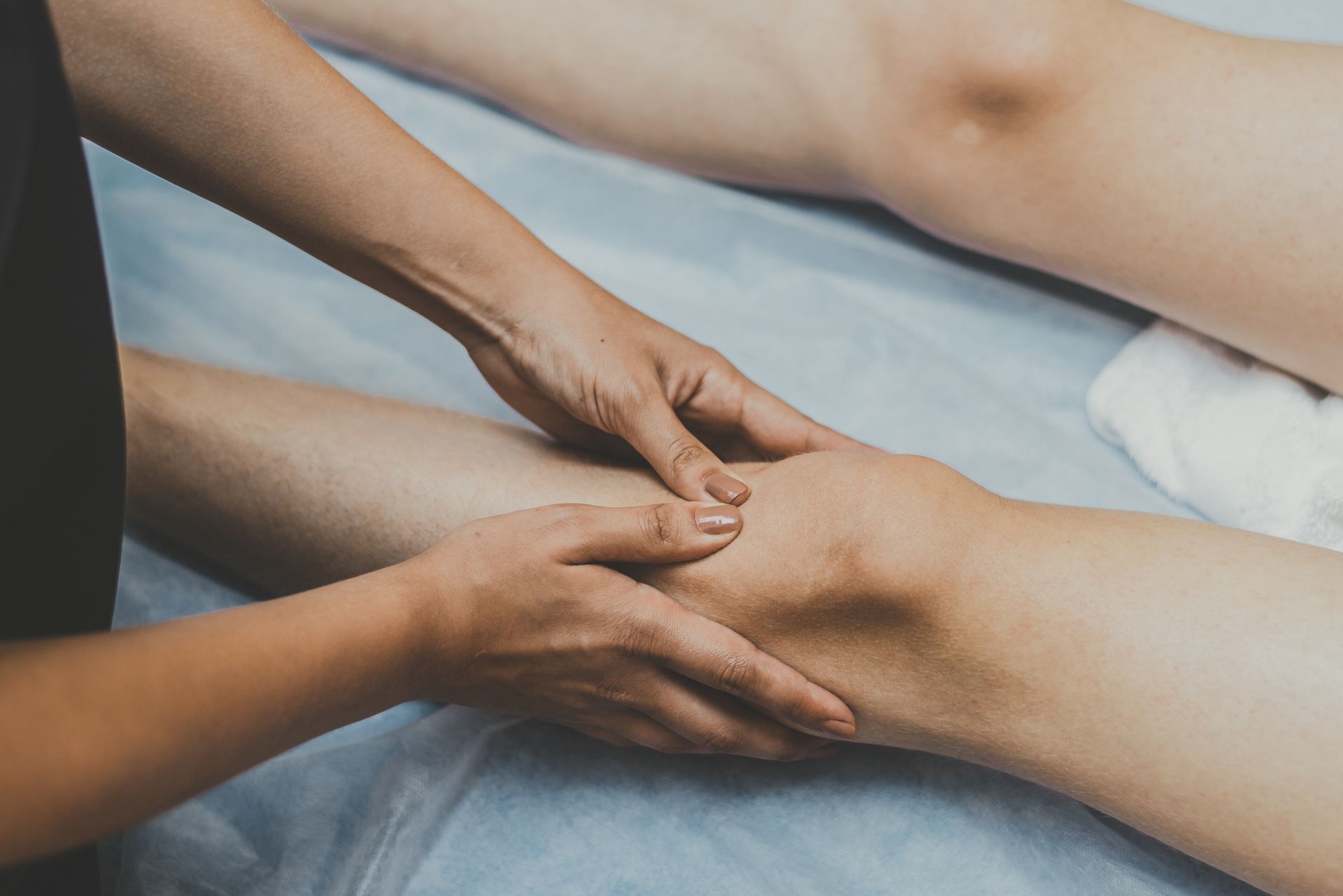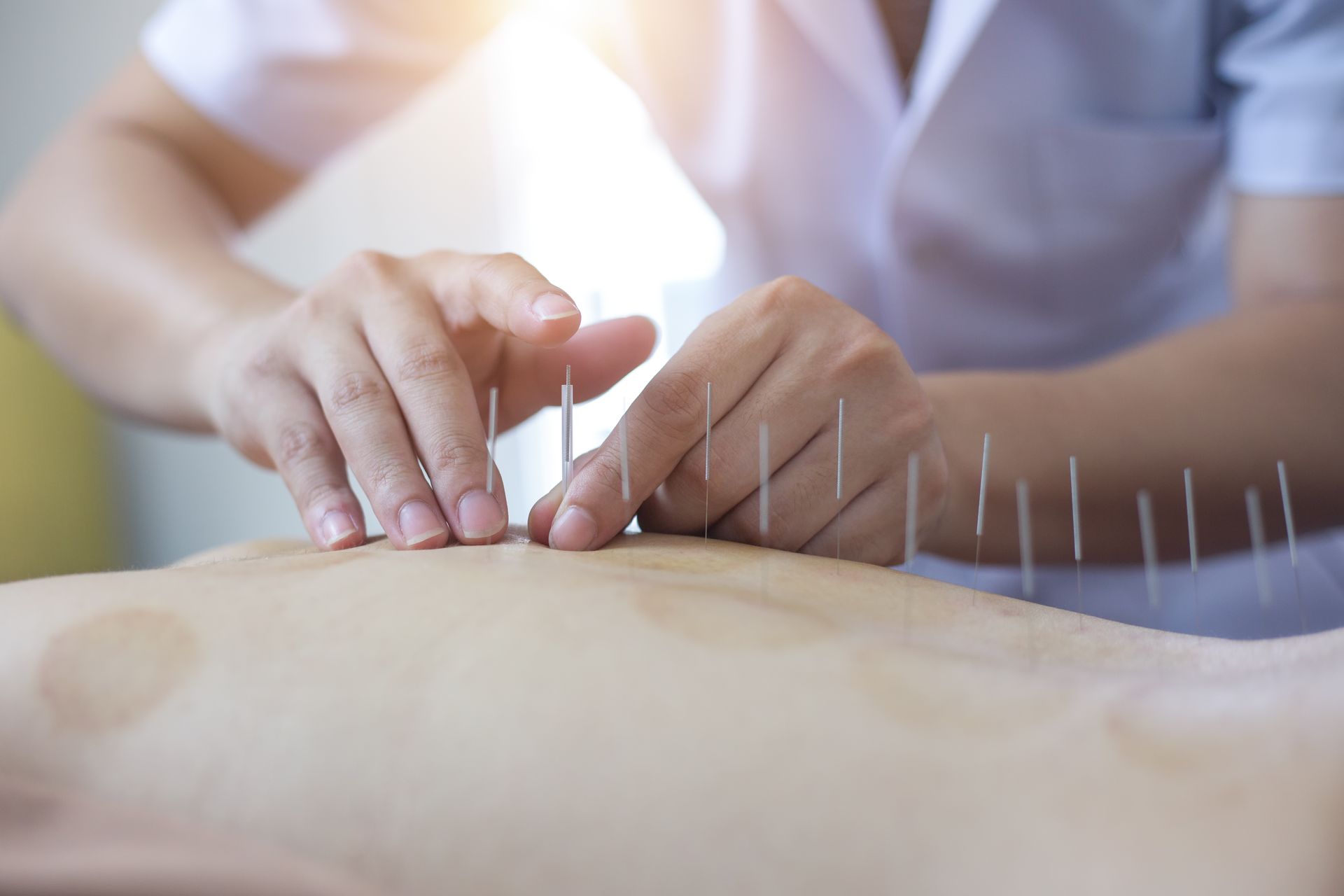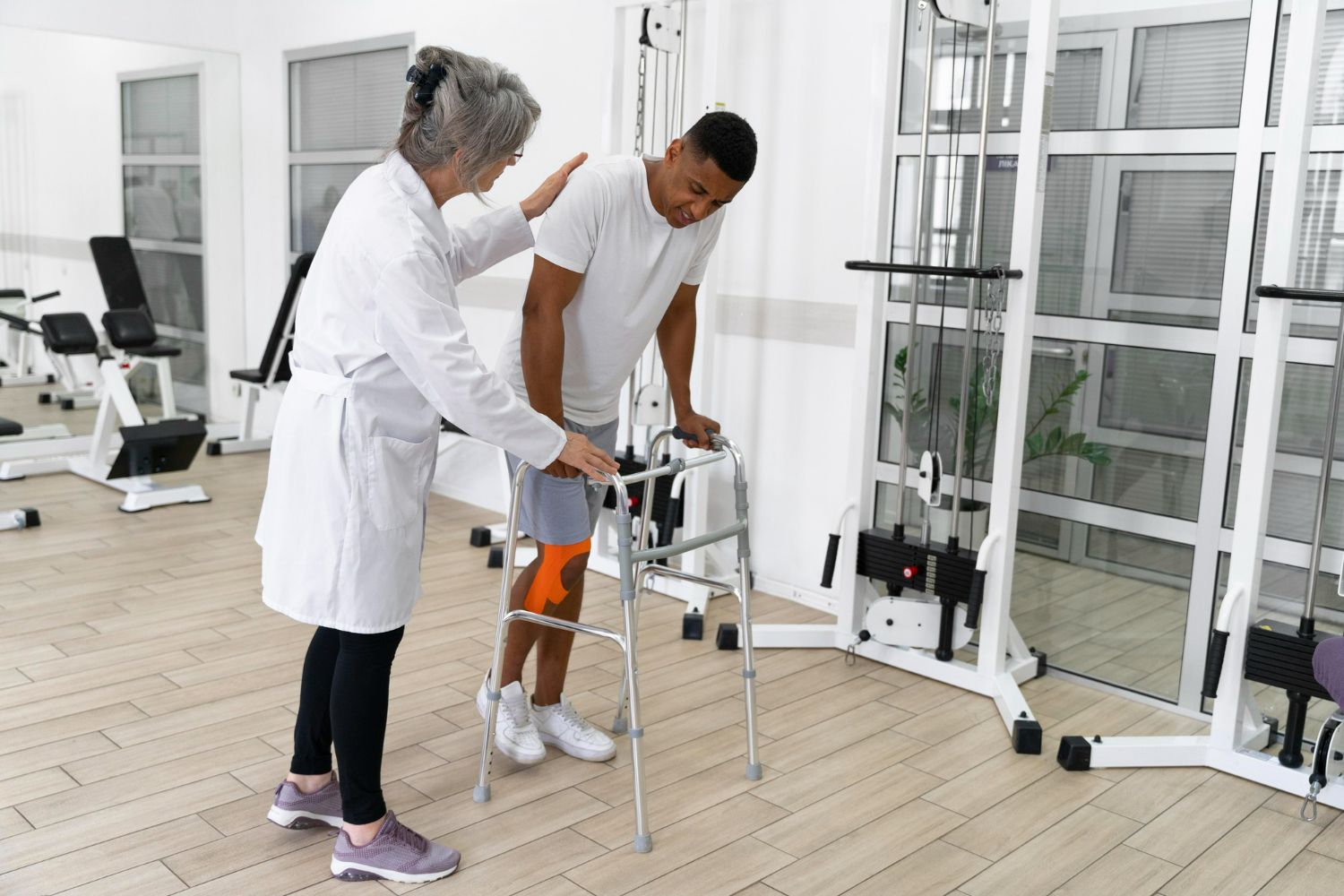Managing Sports Injuries: Expert Tips for Prevention & Recovery
Engaging in sports and physical activities is an excellent way to maintain a healthy lifestyle, but it also comes with the risk of injuries. At Pembina Physiotherapy & Sports Injury Clinic in Winnipeg, we understand how crucial it is to keep our athletes on the move safely. Whether you're a seasoned professional or a weekend warrior, knowing how to prevent and recover from sports injuries is key to sustaining long-term participation in your favorite activities. Read on for expert tips on managing sports injuries, straight from our experienced physiotherapists.
Understanding Common Sports Injuries
Before diving into prevention and recovery strategies, it’s vital to identify some common sports injuries. These typically include sprains, strains, fractures, dislocations, and tendinitis. Each injury has its own set of symptoms and treatment protocols, which means that proper diagnosis is essential. If you suspect an injury, seeking professional medical advice immediately can help mitigate the risk of further damage.
Prevention: The Golden Rule
The best way to manage sports injuries is to prevent them from happening in the first place. Here are proactive strategies to help you stay injury-free:
1. Warm-Up and Cool Down
Never underestimate the power of a good warm-up and cool down routine. Warming up increases your heart rate, improves blood circulation, and prepares your muscles for the physical demands of your activity. Likewise, cooling down helps to return your body to its resting state, preventing muscle stiffness and soreness. Consider dynamic stretches and gentle jogging for a warm-up, followed by static stretches for your cool down.
2. Correct Technique and Form
Improper form is a common cause of sports injuries. Whether you're lifting weights or running a marathon, maintaining the correct posture and technique is crucial. Invest time in learning the fundamentals from a trained coach or physiotherapist to avoid developing bad habits that can lead to injuries.
3. Use Appropriate Gear
Wearing the right sports gear can make a significant difference. From running shoes that provide adequate arch support to helmets that protect from head injuries, every piece of equipment should serve a protective function. Check that your gear fits well and is designed specifically for your sport.
4. Cross-Training
Diversifying your exercise routine with cross-training can help balance the use of different muscle groups, reducing overuse injuries. For example, if you’re a runner, incorporating swimming or cycling can improve your cardiovascular fitness without putting additional stress on your joints.
5. Listen to Your Body
One of the simplest, yet most effective prevention strategies is listening to your body. Pain is a signal that something is wrong, and ignoring it can lead to more severe injuries. If you feel persistent pain, fatigue, or discomfort during an activity, take a break and consult a healthcare professional.
Recovery: Getting Back on Track
In the unfortunate event of a sports injury, timely and effective recovery is crucial for returning to your activities safely. Here’s how:
1. Immediate Care: R.I.C.E Protocol
The R.I.C.E protocol—Rest, Ice, Compression, Elevation—is a tried and true method for initial injury management. Rest allows your body to repair itself, ice reduces swelling and numbs pain, compression controls swelling, and elevation minimizes blood flow to the affected area, further reducing swelling.
2. Physiotherapy
Physiotherapy plays a significant role in recovery, offering a range of treatments to restore function and mobility. At Pembina Physiotherapy & Sports Injury Clinic, our skilled therapists use techniques such as manual therapy, exercise therapy, and therapeutic taping to aid in your recovery process. Personalized treatment plans are essential to addressing the root causes of your injury.
3. Gradual Return to Activity
It's tempting to return to your sport as soon as you feel better, but rushing back can lead to re-injury. Follow a structured rehabilitation plan and only return to physical activity when cleared by a healthcare professional. Gradually increasing the intensity and duration of your activities will help you regain strength and confidence.
4. Nutrition and Hydration
A balanced diet rich in nutrients supports tissue repair and recovery. Make sure to stay hydrated and consume meals that include protein, healthy fats, and vitamins. Supplements such as omega-3 fatty acids and collagen can support joint health and repair.
5. Mental Well-being
Injury can take a mental toll as well as a physical one. Anxiety, frustration, and depression are common among athletes dealing with injuries. Consider seeking support from mental health professionals if needed, and maintain a positive outlook by setting realistic recovery milestones.
Your Path to Recovery Starts Here!
At Pembina Physiotherapy & Sports Injury Clinic, we are dedicated to helping you stay active and healthy. Whether you're seeking advice on injury prevention or need specialized treatment for recovery, our team is here to support you every step of the way. Contact us today at (204) 261-7190 to schedule your consultation with our expert therapists. Don’t let injuries hold you back—take charge of your health and get back to doing what you love!
Remember to call Pembina Physiotherapy & Sports Injury Clinic at (204) 261-7190 or visit our website at www.pembinaphysiotherapy.com for more information. Your well-being is our priority, and we are here to ensure you achieve and maintain optimal physical health. Let us be part of your journey to recovery and beyond.










